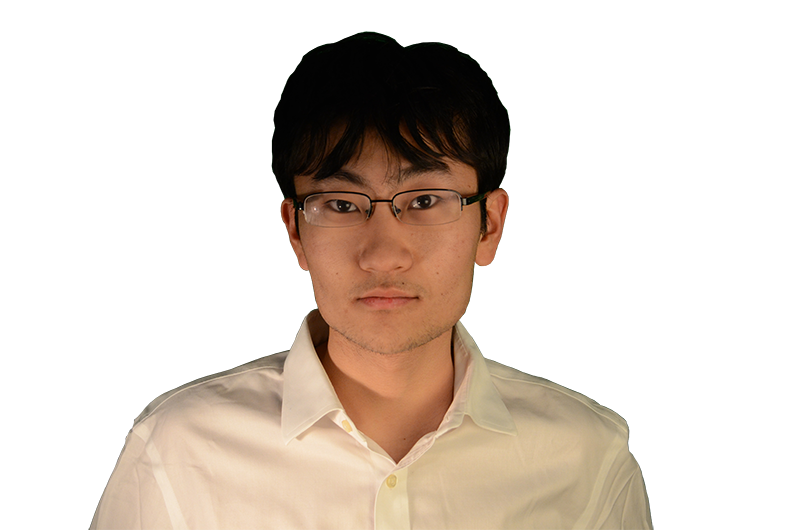Cui: Campus activism deserves respect
October 14, 2014
There has been no shortage of activism on Northwestern’s campus this quarter. There has been the talk with Steven Salaita, the professor whose pointed tweets on the Gaza War led to a rescinded tenured job offer; the mock wall put up around The Rock last week; and immigration activists protesting during President Barack Obama’s visit. We should not forget that last school year featured the Title IX case involving philosophy Prof. Peter Ludlow and the subsequent movement for greater transparency in sexual misconduct cases, along with the campaign for divestment from coal. Contrary to my expectations, my time at NU has been spotted with radicalism and protest.
Beneath the veneer of pre-professionalism and shiny glass buildings, radicalism at NU runs deep. At some point, an undergraduate will learn about the 1968 occupation of the Bursar’s office by black students, the anti-apartheid divestment movement or the Living Wage Campaign on behalf of food service workers. Whether underwhelming or successful, these actions do matter. As much as someone may deride activists’ gestures, I think they are right in a way worthy of care.
When I say “deride,” I mean the overall dismissal of someone’s ideas based on how they are expressed, not the ideas themselves. Disparagement can extend toward actions or toward words. Perhaps people found the Obama protests ridiculous or thought an occupation of Ludlow’s class led to needless losses for enrolled students. After Salaita was refused tenure at the University of Illinois for profane tweets accusing Israel of murder, some have defended his freedom to speak but will still condemn his words as “sophomoric,” “invective” and “hate speech” undeserving of a place in higher education.
But I cannot view the actions mentioned as hateful or undeserving. To take an example, revisit one of Salaita’s most offensive tweets: “Zionists: transforming anti-semitism from something horrible into something honorable since 1948.” In a parallel situation where a friend of a murder victim is enraged that the murderer on trial had been acquitted, we would expect her to say: “This bleeding-heart judge has transformed murder from something horrible to something honorable.” Like the victim’s friend, even if you spite the anger driving the words, you understand why he is angry.
I believe acts of hate exist and must not be allowed to roam free. However, undiplomatic acts are often consumed by the urgency and passion behind what they stand for. Undiplomatic acts are different from the hateful acts of Holocaust deniers or conspiracy theorists, which are hateful because they stand in falsehood. What drives NU activists is undiplomatic yet moral: they say less on truth versus falsehood, and more on the need to oppose the evils in this world.
Even if you do not agree with any of the activists’ opinions, respect that they believe in their causes’ urgency. That alone is a reason to think deeply about what they are doing. Urgency is a concept rarely confronted in a university environment. Our four years here is a time when self-discovery rules, when we can live isolated from both community and moral imperative. We have the freedom to take up a cause, drop it if we fall out of love with it and place it all on the back burner once we sign onto a fulfilling white-collar job. And what if our complacency leads us first to four years of spinelessness?
Campus activism is materially unfulfilling. It is not a resume bullet point, a GPA booster or mindless fun. Yet those with a spine commit to it will consequently feel more at ease with themselves.
I will say I am more sympathetic to leftist, progressive causes than ones from the other side. At the same time, I am impressed by other movements like the pro-life campaign, who have used the rhetoric of murder to strengthen their cause. Elevating the debate this way is what we should do; before any conversation, let all of us realize the stakes. Listen to activists and understand their commitment. The more we do, the more we will work toward actual agreement and real solutions.
Tom Cui is a Weinberg senior. He can be reached at [email protected]. If you would like to respond publicly to this column, send a letter to the editor to [email protected].


